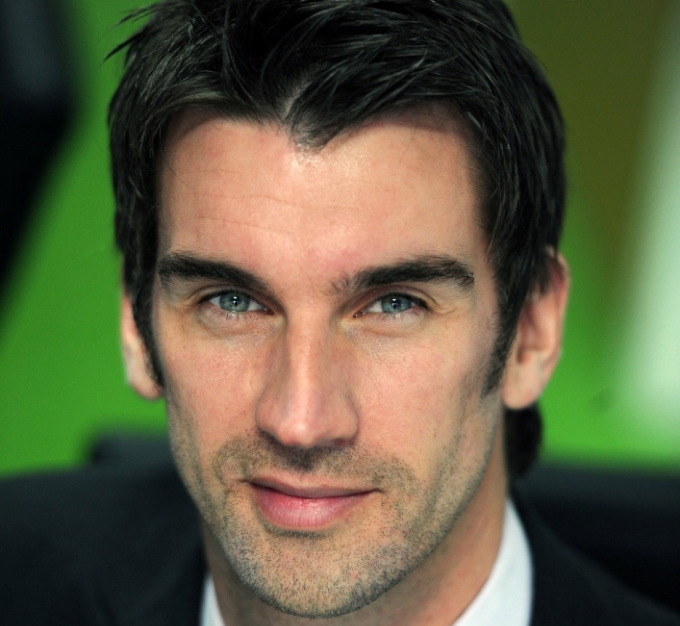Lee McQueen set out to win BBC show The Apprentice in 2008 and he did – but it was far from plain sailing. ‘It’s difficult,’ McQueen says. ‘It’s a lot of pressure to live and breathe your competitors for the best part of 12 weeks.’ It can also be a suffocating experience. ‘When people in the real world have a hard day at work, they can come home and vent at their partner, but the only people we could let off steam with were our competitors, which shows weakness. It’s like living in a bubble where nothing is important but going on to win the ultimate prize.’
Before taking part in the show, McQueen was running a business unit for outsourcing firm Capita, but the corporate environment of that job wasn’t the best preparation for his role under Sir Alan. He was given the task of launching digital advertising business Amscreen from scratch, and within the first seven months of launching, he sealed a five-year contract with BP worth around £5 million, with major contracts with Shell and Esso to follow.
But after two years at the company, he felt it was time to start a business of his own. ‘You get so much insight into how to launch a business, so inevitably you want to do your own thing,’ he explains. In August 2010, McQueen set up Raw Talent Academy, providing sales training to SMEs and corporates, and expects to turn over £250,000 in his first year of trading. And McQueen attributes his success in starting up to his time on The Apprentice. ‘It gives you the confidence to go and achieve what you want – in my case, to work for Alan Sugar and learn from him,’ he says.
Ruth Badger was sales director of a plc when she decided to participate in the second series of The Apprentice in 2006. ‘It was a massive risk because the salary was less than I was on at the time – but I wanted a challenge,’ she says. She got one. ‘The show removes you from your comfort zone – I did things I never thought I could do,’ she adds.
Badger feels the show is easier now. ‘Today, the companies being pitched to by the contestants in a given task would be ready-briefed and prepared, but when I did it, we had to pick our product and go and find the people ourselves,’ she says. She also feels the prize on offer of a £100,00 job with Sir Alan (now Lord Sugar) was taken more seriously in earlier series. ‘Other than two people in my year, all of them were there to win and not for the TV exposure. We didn’t think we were going to be famous when we went on the show, which is different to now, because the current contestants have seen what can happen in the press.’
Despite finishing runner-up, Badger worked for Sugar briefly but soon found she had more ambition than the role could accommodate. She set up Ruth Badger Consultancy in 2006, which turns around struggling businesses, and since June 2008 has saved 101 SMEs from administration. Since setting up the consultancy, Badger now also runs a training academy teaching people how to sell, do good business and provide management training. In July 2010, she set up a third company providing HR outsourcing.
Like McQueen, she regards the show as a springboard to her success, as well as citing Lord Sugar as a role model. ‘He has made every kid in the country know what enterprise is and from my personal experience, changed my life,’ she says.
While many Apprentice contestants look to start a business on leaving the show, runner-up of the inaugural 2005 series James Max found his calling in media, despite a job history ranging from chartered surveying to investment banking.
He now presents programmes for a major London radio station, has appeared regularly on breakfast TV shows as a property and financial expert, and writes columns on business and property for various publications.
Like Badger, he feels the show has strayed from its original focus. ‘When I took part, no-one knew what it was about and it was seen as a revolutionary idea; people wanted the job,’ he says. ‘Today, there are a few people put in as credible candidates but many who have been put in just to make good TV.’
Max sometimes feels he could give the producers some guidance to put the show back on track. ‘I think it could be so much better,’ he says. ‘The prize needs to be more prestigious and the actual role at the end defined from the outset. Also, put the interviews at the beginning not the end. It also needs better candidates, different tasks and much less boardroom.’
The Apprentice can be seen on BBC1 on Wednesdays at 9pm.





